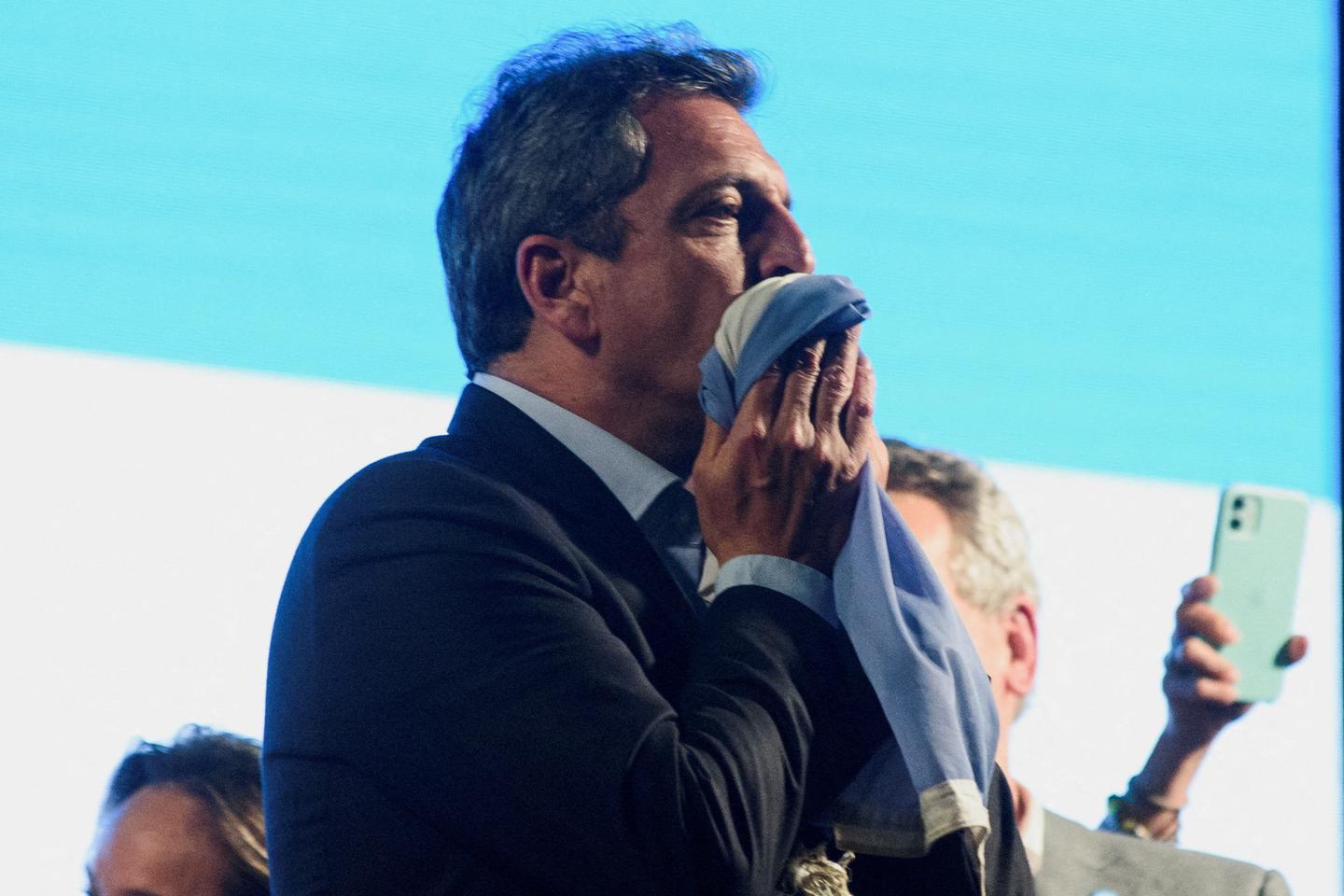


Peronism is an Argentine political movement, born in the 1940s. In the historic November 19, 2023, presidential election, Peronist candidate Sergio Massa was soundly defeated by a coalition created in July 2021 and led by an outsider, Javier Milei (55.65% of the vote). Hatred of Peronism fueled this far-right libertarian's entire campaign, which siphoned off votes from his opponent in the working-class districts, the Peronist movement's historic strongholds. Disoriented, visionless and leaderless, Peronism is going through one of its deepest crises.
As politically inescapable as it is politically unclassifiable, Peronism (today classified from the left wing to the center-left) is named after its founder, Juan Domingo Peron (Argentina's president from 1946 to 1955, then again from 1973 to 1974), an advocate of social justice and strong national industrial sector. It's a chameleon-like movement that underwent a major liberal swerve during the years of Carlos Menem's presidency (1989-1999). For the past 20 years, however, Peronism has been reduced to Kirchnerism, named after husband and wife duo Nestor Kirchner (president from 2003 to 2007, deceased in 2010) and Cristina Fernandez de Kirchner (president from 2007 to 2015, then vice-president from 2019 to 2023).
They imposed a vision on the movement of an Argentina that was industrial, socially inclusive (with the introduction of minimum social benefits), sovereign (Argentina's debt to the International Monetary Fund – IMF – was repaid in full in 2006) and just (with the reopening of the trials of those responsible for the country's former military dictatorship). For a country that had hoped to rebuild itself after social and economic crises in 2001, Kirchnerism was the architect of a twelve-year recovery.
Yet this project ran out of steam. "From 2011 onwards, the expansive social policy was no longer accompanied by advantageous commodity prices. Kirchnerism was unable to find an economic development model that would enable it to ensure its social project," noted political scientist Pablo Touzon. The economic consequences of this hiatus were increased money printing, imbalanced budgets and inflation. This last factor is chronic, and not solely the result of Peronist governments.
'Bribes handed out to the poorest'
Meanwhile, the movement, which has made popular representation its mainstay, is "becoming gentrified and more bureaucratic." "Some are becoming political professionals, out of touch with reality, with lovely lifestyles. And welfare payments are also beginning to look like bribes handed out to the poorest," lamented Touzon. Benefits that were necessary to avoid social upheaval and extreme poverty.
You have 55% of this article left to read. The rest is for subscribers only.
